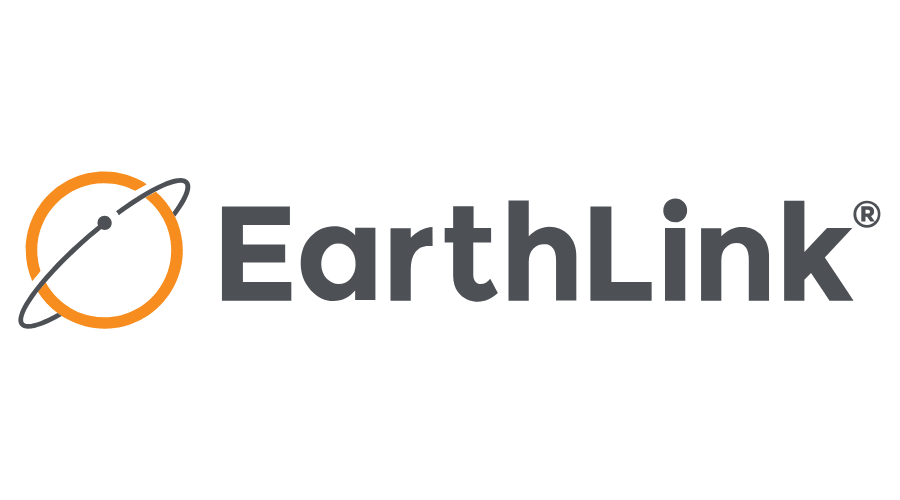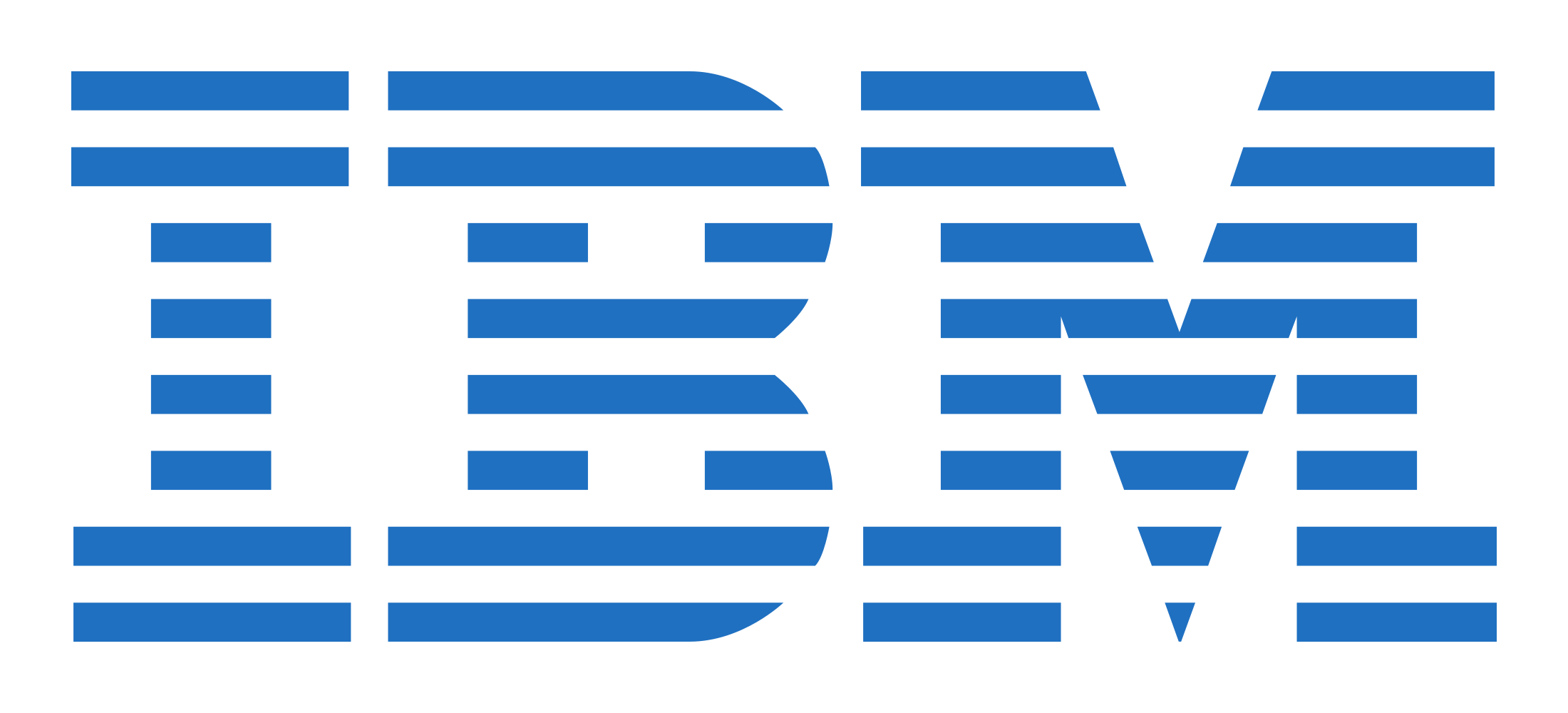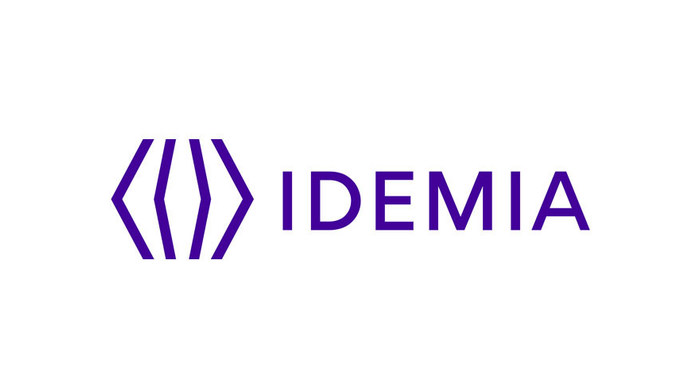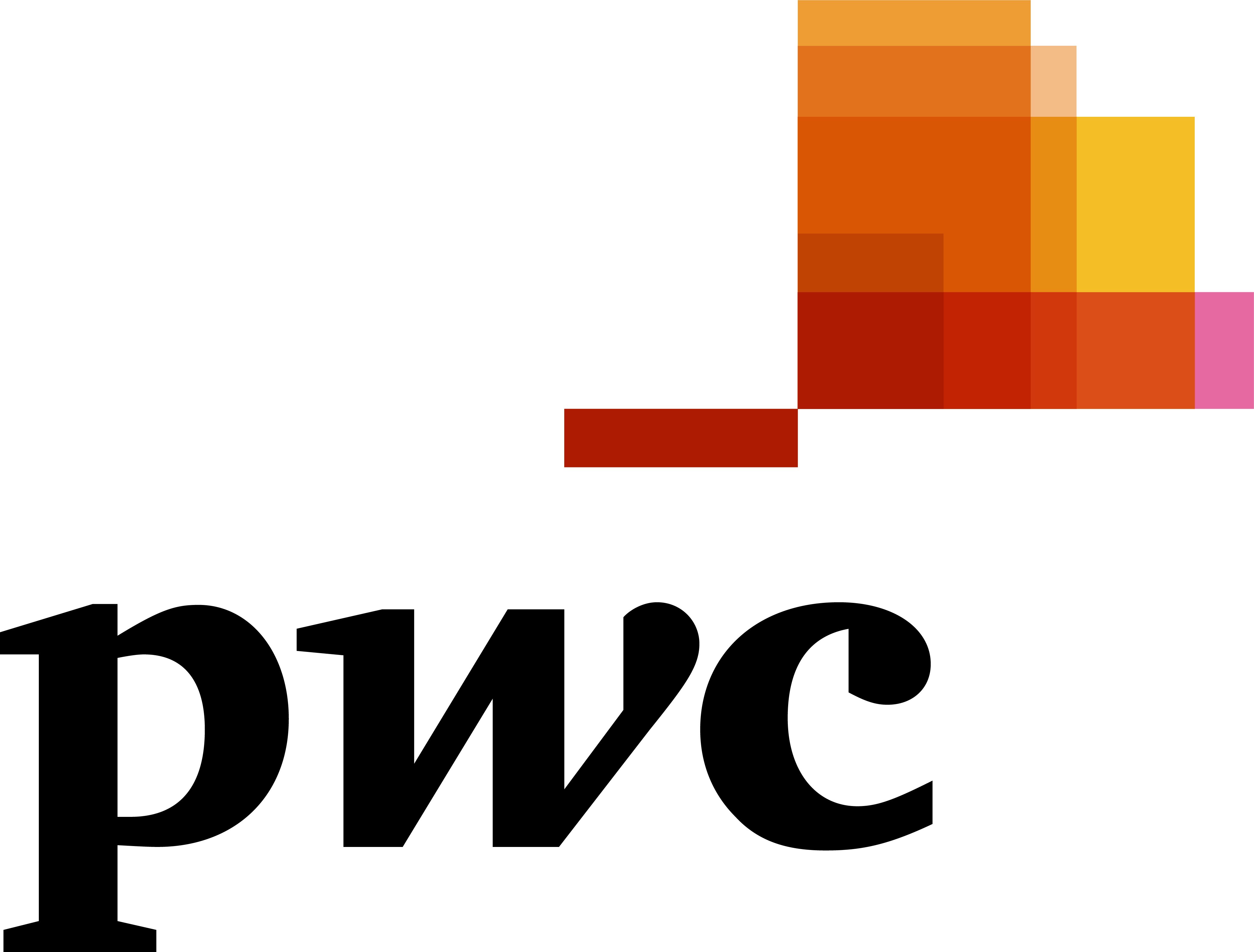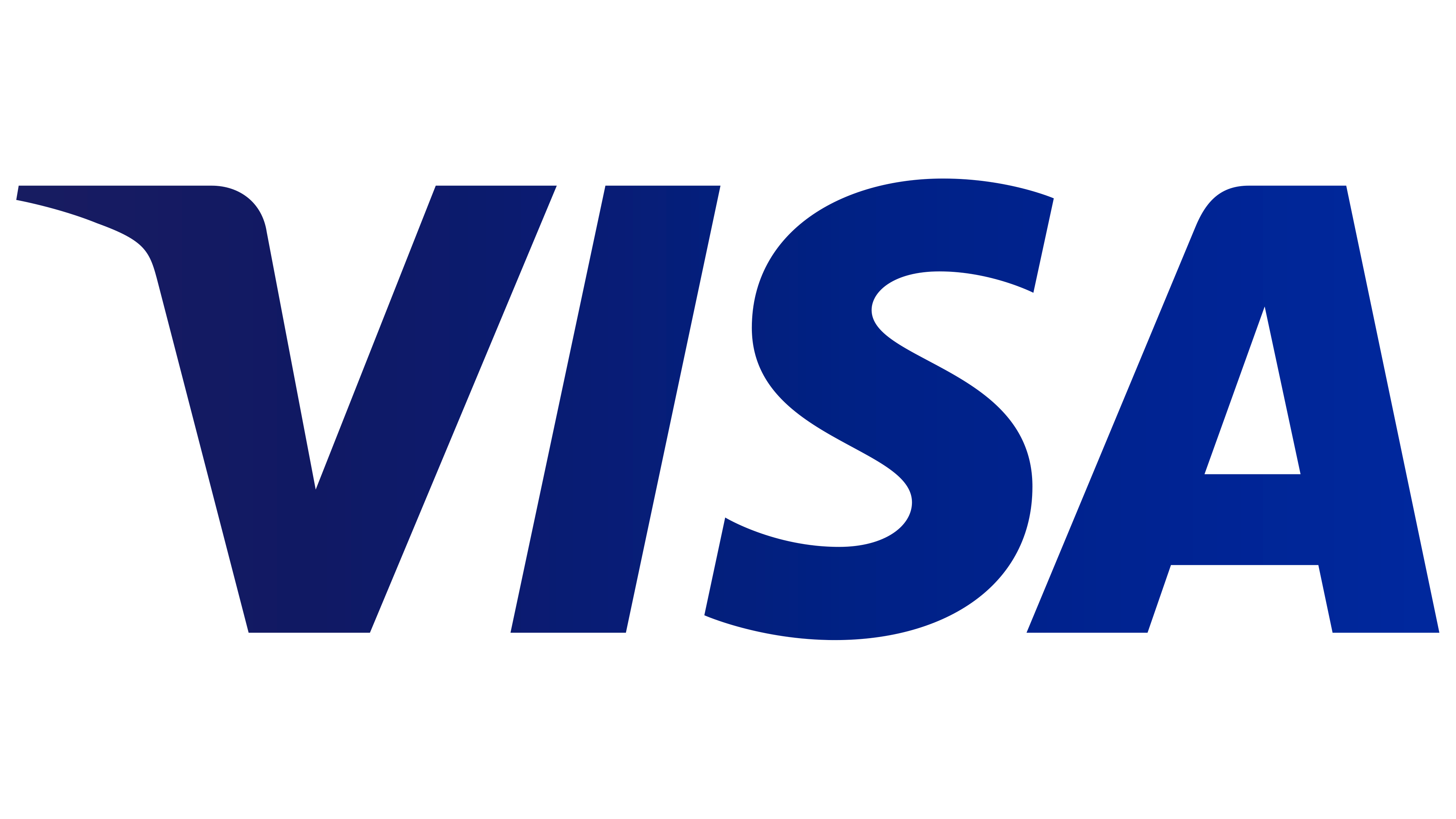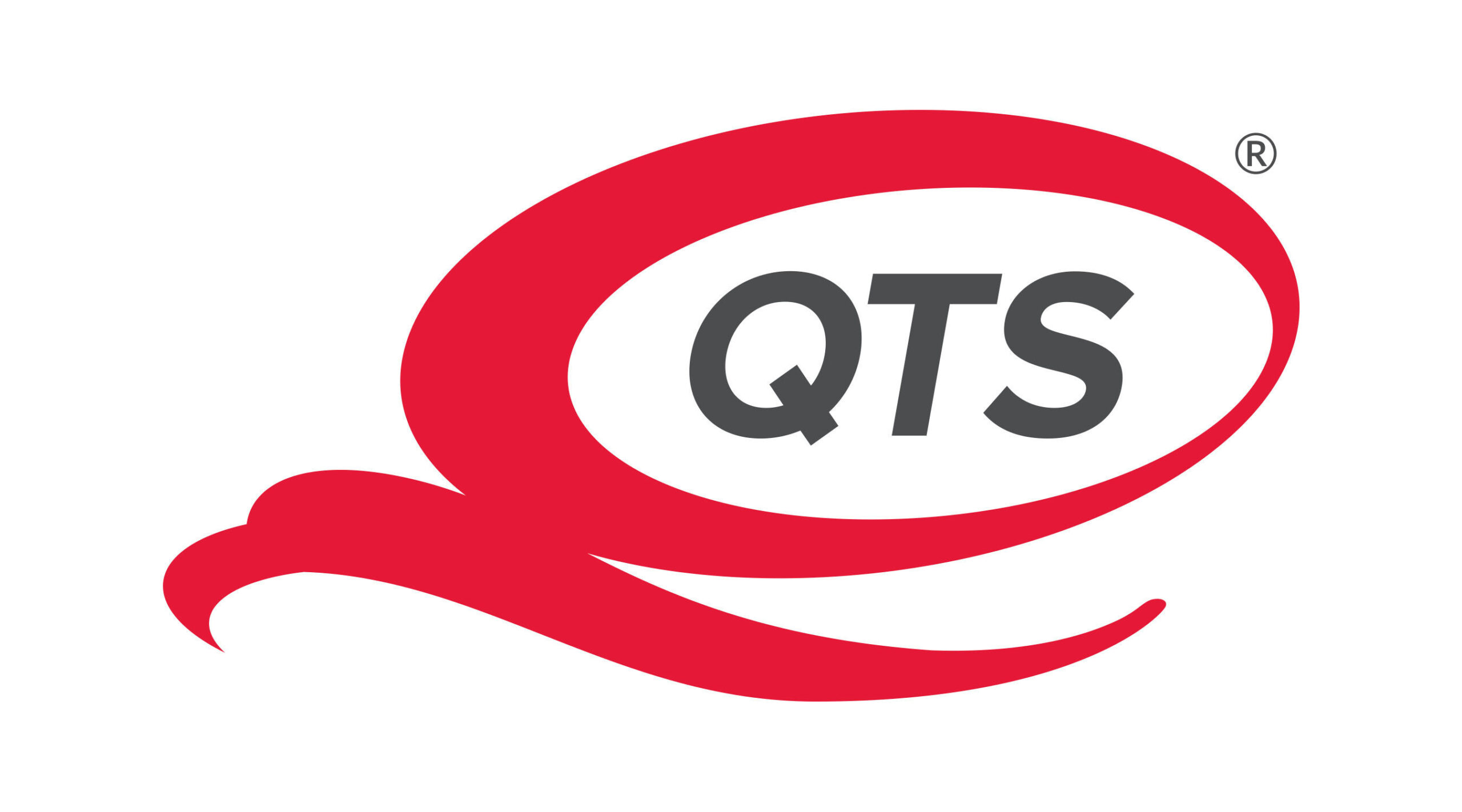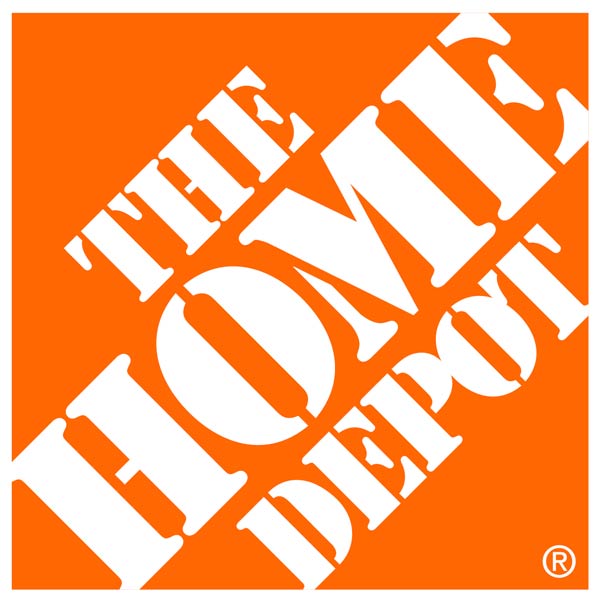We hope you were able to join us for the TAG DH COVID-19 and the Impact on Digital Health & Supply Chain virtual event in April. If not, here is a brief recap and link to the recording: https://www.screencast.com/t/40SW8ojE3oF5.
Jennifer Webster, VP Analytics, with Integra Connect started the discussion around the unprecedented event we are all experiencing. COVID-19 is the first pandemic of the digital age, HIPAA restrictions have been relaxed, and data is more accessible and consumable than ever before.
Michele Madison, Partner Morris, Manning, & Martin, moderated our panel putting in perspective that we need to address supply chain issues as we face the reopening of our state as well as the potential for a resurgence in cases. We are all so thankful for first responders and healthcare workers and it is important to have products in the supply chain to support them as demand ramps up. Which led to our first polling question – Do you feel safe going back to work? A large percentage of the audience, 44%, said no.
From there the panel was introduced consisting of:
Faraz Zubairi, CEO ExamMed, an Atlanta based telemedicine application provider, discussed how exciting it is to see how healthcare has adapted to the challenging times and shared how ExamMed has empowered others to help in this situation. This includes long-term care and correctional facilities.
Dr. Kyle Adams, Physician with South Georgia Medical Center, based in the Valdosta area and assisted with the Albany outreach. He shared his experiences working in the community with testing and expanding telehealth capabilities. He noted the biggest inhibitor was patient and provider education. The pandemic has pushed everyone forward making telemedicine a must have. That brought us to our next polling question, what is your experience with telemedicine? Most of the audience responded to the poll noting a positive experience and wanting to use it more in the future.
Hunter Fleetwood, Director of Sales at GlobalMed Logistix gave us more perspective around the supply Personal Protective Equipment (PPE) supply chain issues. We learned that most sources of PPE and medications produced for COVID-19 patients as well as elective procedures come from China. Having everyone need that demand at the same exact time has put strain on the supply chain. He noted that in preparing for the future we may see the reliance of manufacturing on China shift.
This event was so interesting and full of insightful data as well as rich perspectives. We hope you can join us for our next event!



